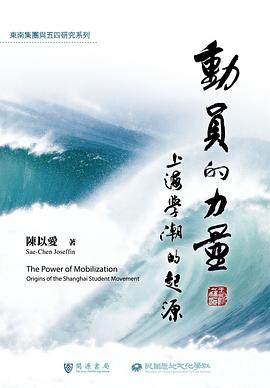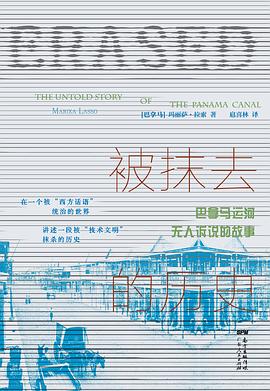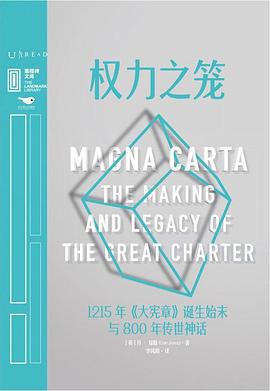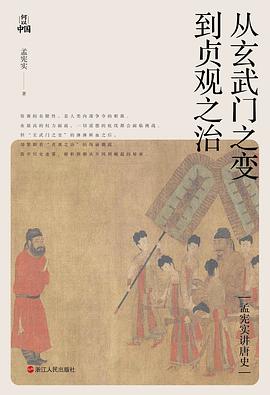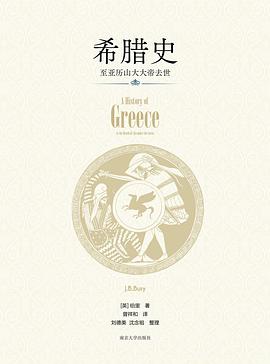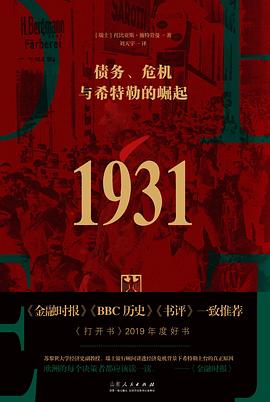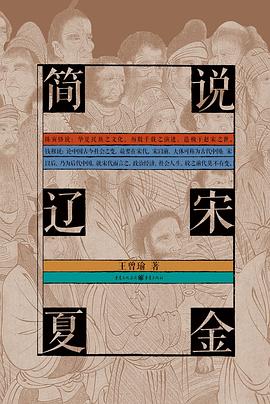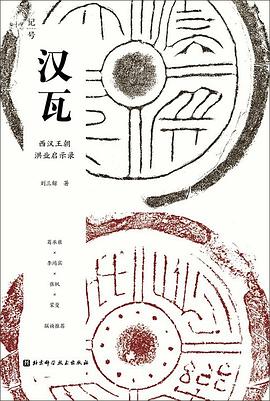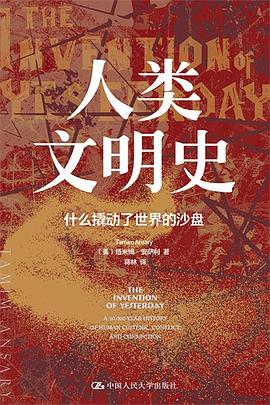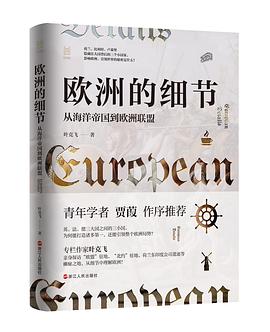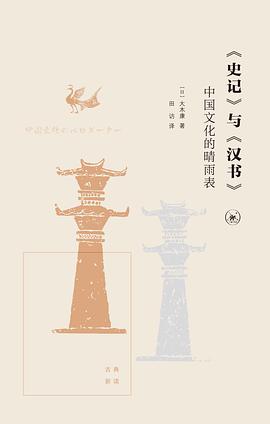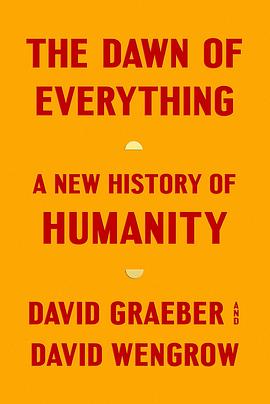

具體描述
David Graeber was a professor of anthropology at the London School of Economics. He is the author of Debt: The First 5,000 Years and Bullshit Jobs: A Theory, and was a contributor to Harper's Magazine, The Guardian, and The Baffler. An iconic thinker and renowned activist, his early efforts in Zuccotti Park made Occupy Wall Street an era-defining movement. He died on September 2, 2020.
David Wengrow is a professor of comparative archaeology at the Institute of Archaeology, University College London, and has been a visiting professor at New York University. He is the author of three books, including What Makes Civilization?. Wengrow conducts archaeological fieldwork in various parts of Africa and the Middle East.
A trailblazing account of human history, challenging our most fundamental assumptions about social evolution--from the development of agriculture and cities to the emergence of the state, political violence, and social inequality--and revealing new possibilities for human emancipation.
For generations, our remote ancestors have been cast as primitive and childlike--either free and equal innocents, or thuggish and warlike. Civilization, we are told, could be achieved only by sacrificing those original freedoms or, alternatively, by taming our baser instincts. David Graeber and David Wengrow show how such theories first emerged in the eighteenth century as a conservative reaction to powerful critiques of European society posed by Indigenous observers and intellectuals. Revisiting this encounter has startling implications for how we make sense of human history today, including the origins of farming, property, cities, democracy, slavery, and civilization itself.
Drawing on pathbreaking research in archaeology and anthropology, the authors show how history becomes a far more interesting place once we learn to throw off our conceptual shackles and perceive what's really there. If humans did not spend 95 percent of their evolutionary past in tiny bands of hunter-gatherers, what were they doing all that time? If agriculture, and cities, did not mean a plunge into hierarchy and domination, then what kinds of social and economic organization did they lead to? What was really happening during the periods that we usually describe as the emergence of the state? The answers are often unexpected, and suggest that the course of human history may be less set in stone, and more full of playful, hopeful possibilities, than we tend to assume.
The Dawn of Everything fundamentally transforms our understanding of the human past and offers a path toward imagining new forms of freedom, new ways of organizing society. This is a monumental book of formidable intellectual range, animated by curiosity, moral vision, and a faith in the power of direct action.
Includes Black-and-White Illustrations
用戶評價
書是好書。可我實在不感興趣。讀完50%,棄掉,有緣再見。
評分##這本書的中心思想其實很簡單,而且反復闡述強調,生怕你錯過瞭:人類的社會並不是以前所以為的從原始而平等的小型部落綫性發展成大型而充滿不平等的"高等文明"。相反,作者認為在發展過程中,很多文明都有反復、波動,曾經有意識地去嘗試各種不同的社會組織方式,有時候會刻意選擇從高度分層的社會變成相對平等、參與性強的社會(譬如Teotihuacanos),所以全書最中心的觀點是不平等並不是我們的宿命。觀點不算振聾發聵,但也有道理,內容豐富但有些拉雜,實際上我沒有完全被作者說服,有時候甚至覺得有點挑揀證據為觀點服務,但是我欣賞他們打破主流觀點的梳理和闡述,以及對文明史多樣性的強調。總之是本值得讀的好書,然而我一共聽瞭17個小時還是有點太長瞭,其實如果有個縮減版也就夠瞭。
評分##I have been taking on a long vacation without any jobs (kind of aimless), this book has been such a pleasure to read. It is already turning out to be the most powerful read for me in 2022. I mean, who wouldn't love a book that finally argues that agricultur...
評分##感覺重新認識瞭人類的曆史,也很喜歡Graeber循序漸進接近真相的思辨過程。
評分 評分##還迴得到無政府時代嗎?
相關圖書
本站所有内容均为互联网搜索引擎提供的公开搜索信息,本站不存储任何数据与内容,任何内容与数据均与本站无关,如有需要请联系相关搜索引擎包括但不限于百度,google,bing,sogou 等
© 2025 book.tinynews.org All Rights Reserved. 静思书屋 版权所有

